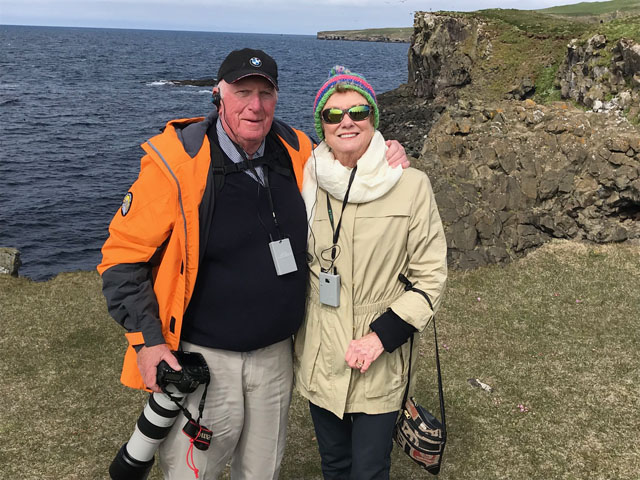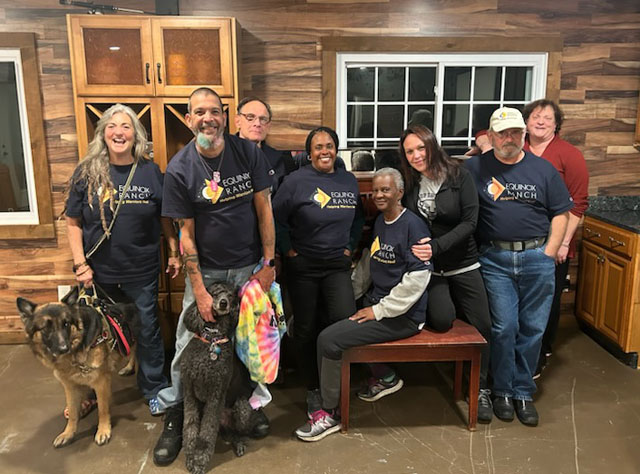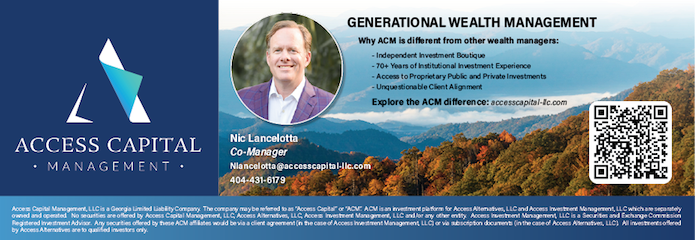A Tool For Well-Being
06 Feb 2024
The mystery and power of journaling
By BARBARA BANKS
There is a friend at the end of your pen that you can use to help solve personal or business problems, get to know all the different parts of yourself, explore your creativity, heal your relationships, develop your intuition…and much more. This friend, of course, is your journal. Empty, blank, smooth—a beautiful gift waiting to be unwrapped.
-Katheen Adams, author of Journal to the Self

Many people collect beautiful journals only to leave them blank. Others write a few pages with good intentions to journal consistently only to stop a few weeks in. Neither of these are unusual. If you find yourself as one of those want-to-be journalers, you are not alone. But journaling need not be difficult or burdensome. It can—and should—be liberating. If approached openly, your journal can be a place not only to grow, but to rest.
Journaling is one of the avenues offered in every spiritual growth practice. During COVID, journaling was consistently on the “How to Survive” lists, which is not surprising. Studies have shown that journaling can accelerate the therapy process, lower blood pressure, decrease stress, help manage depression and anxiety, improve memory, improve the immune system, increase problem-solving skills, and ignite and increase creativity.
Journaling also evolves with you. As a journaler in one of my classes offered, “Journaling provided a path through grief when my father died suddenly when I was 13, and the journaling I did at that time was mainly writing letters to him. Then I journaled through an abusive marriage, and it helped provide sanity and clarity. Journal writing was an outlet for post-divorce emotions, and now it is helping me with decision making as I approach retirement.” -LS Avid Journaler.
Decision making is certainly one big benefit of journaling. Getting quiet and taking the time to write out the pros and cons of decisions, especially major ones, unclutters the mind, brings clarity, and gives insight into which choice best matches your values and desires. Solving problems is another benefit. Writing out an issue, whether it is a business dilemma or a relationship struggle, can help clarify what is really going on. Solutions often arise from taking a close look at the issue and our thoughts and feelings around it. An added benefit to this process is an enhanced ability to solve things more creatively.
As Richard Rohr, Franciscan Priest and celebrated author, explains, “Everyone has a great need for anam cara… a soul friend. Your journal can be just that. A place where you can be totally yourself with no masks or pretenses, where you can express the good, the bad, and the ugly of who you are and still be accepted.” It is this freedom to be exactly who you are and to feel exactly what you feel that gives journaling its power and offers the journaler peace, clarity and insight.
Your journal can also be a safe place to deal with hard emotions such as grief, heartbreak and betrayal. Unexpressed emotions can have a toll on our health. Using your journal to release emotions keeps your physical body healthy and bolsters your mental and emotional well-being. In addition, the more we are able to express emotions in our journal, the better we become at communicating with others in a skillful way, thus improving our relationships.
Psychologists have long hailed the benefits of journaling. Revered Psychologists Carl Jung and Ira Progoff used journaling as their main tool for healing. Each understood that journaling increases self-awareness and provides opportunities for deep discoveries. You can learn a great deal about how you process life and your typical thought patterns through journaling. Some of these may be pleasant to discover and others not so much. Either way, this awareness can facilitate changes in attitude and perspective, as well as uncover wisdom, creativity, compassion, and more loving and skillful ways of being.
As a close friend and avid journaler stated, “Journaling helps me see and accept what I already know deep inside myself. It is a way to access my inner knowing. When I am faced with a significant challenge, I journal my way through it in hopes that I can take mindful and healthy steps to move forward. One of the things I most enjoyed in Barb’s in-depth journaling class was the technique of looking back at specific memories, both good and bad, and spending time reflecting on how those experiences informed who I am today. There were so many surprises, and I gained a better understanding of why I do what I do and the ways in which, for better or worse, I was propelled by a reality that no longer exists. This realization led me to ask, Who do I want to be today? That one question changed the trajectory of my life.”
Even with the many benefits of journaling, however, it is not uncommon to have fears around it. The fear I hear most is not knowing what to write. A journal can be as simple as documenting the weather each day, writing 3 things one is grateful for, or writing non-stop for 20 minutes to see what comes up. The internet is full of Journal Prompts if you need to contemplate a question. Writing down your favorite quote and then journaling about it or how it makes you feel is another technique. Topics for journaling are endless.
The second greatest fear I hear is that the writing won’t be good enough. Our inner critic can halt our journaling endeavors, but it doesn’t need to. With a journal, there is no need to worry about spelling, grammar, punctuation or even coherence. Our inner critic may also come though like a censor telling us not to write or explore a particular subject. Again, there is no need for censoring in your journal. If you are worried about someone reading what you have written, find a safe storage place or tear out what you have written and throw it away. The point is to be able to express your feelings and thoughts, no matter how terrible they may seem. It is in this expression that we find freedom and release.
If you like to journal or are interested in journaling, I hold a monthly Journal Class via Zoom through Cashiers Valley Fusion Yoga and Wellness Center. The topics differ each month, and participants take part in a variety of exercises. No experience necessary. For more information go to www.fusionyogaandwellness.com













